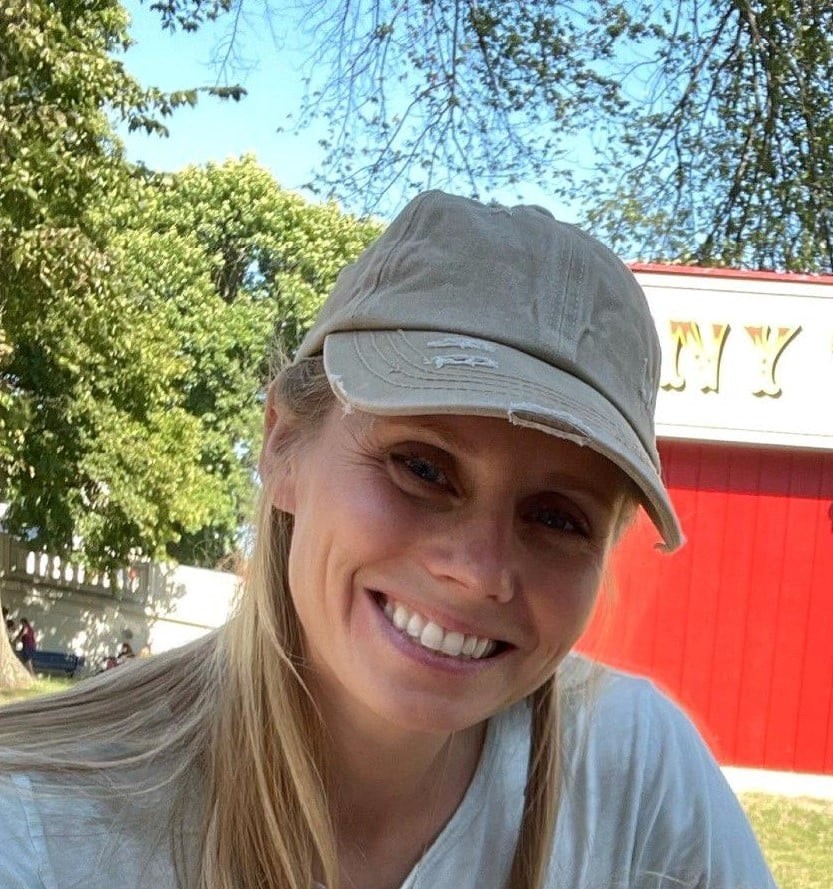Minnesota One Health Antibiotic Stewardship Collaborative (MOHASC)
- MOHASC Home
- About MOHASC
- News and Events
- Conferences and Presentations
- Honor Roll
- Stories
- Resources and Print Materials
- Contact Us
Related Topics
Contact Info
One Health Antibiotic Stewardship

Jessica Evanson, DVM, MPH: Stories of Antibiotic Use and Resistance
Drug Residue Outreach Consultant, Minnesota Department of Agriculture, Dairy and Meat Inspection Division
My job has evolved over the past year due to the pandemic. Initially, I was brought into Minnesota Department of Agriculture (MDA) to work with dairy farmers when the milk from their farm tested positive for the presence of antibiotics, also called a “drug residue.” Our goal was to determine the reason the drug residue happened and to find ways to prevent it from happening again at the farm. Currently, I help with slaughter and meat inspection. My goal is to identify animals that I suspect could have a drug residue, submit samples for testing, and condemn animals if testing reveals a drug residue is present. I love that my job has allowed me the opportunity to see the “bigger picture” by working on antibiotic stewardship, drug residue prevention, and food safety from farm to slaughter.
Antibiotics are amazing tools that must be treated with great care because of the limitations that come with them, such as the ability of bacteria to develop resistance. I’m not currently a practicing veterinarian, but I see the difficulty veterinarians and farmers have in balancing the need to use these tools to take care of the immediate needs in front of them (i.e., sick animals) AND remembering not to overuse the tools so they can continue to have them in the future. Stewardship is the term that reflects the need for this delicate balance that I think, for many of us, will be a life-long learning opportunity.
The MDA Drug Residue Prevention Program has opened the door for us to perform one-on-one, customized outreach to dairy farmers and veterinarians across Minnesota. It has also allowed us to collect detailed information which we use to help direct our outreach on the topic of antibiotic stewardship. Through these interactions, we have been able to help Minnesota farmers better understand what stewardship looks like by providing specific recommendations on how to improve their antibiotic use practices.
I care deeply about people. Which is how, as a veterinarian, I ended up working at this intersection between humans and animals. My biggest fear is, without careful discernment around drug use and new medical advancements, we could lose an important tool in the fight against disease in people and in animals we rely on for meat and milk.
Much of our program’s success was due to identifying antibiotic use issues and addressing them at an individual level, with relationship building as a priority. In public health, there is more commonly a focus on addressing the population as a whole, for a variety of valid reasons. There are pros and cons to both of these approaches. I am interested in seeking out creative ways we can utilize the pros of each approach when it comes to educating practitioners and farmers on antimicrobial resistance and antibiotic use.
Last Updated: 10/20/2022